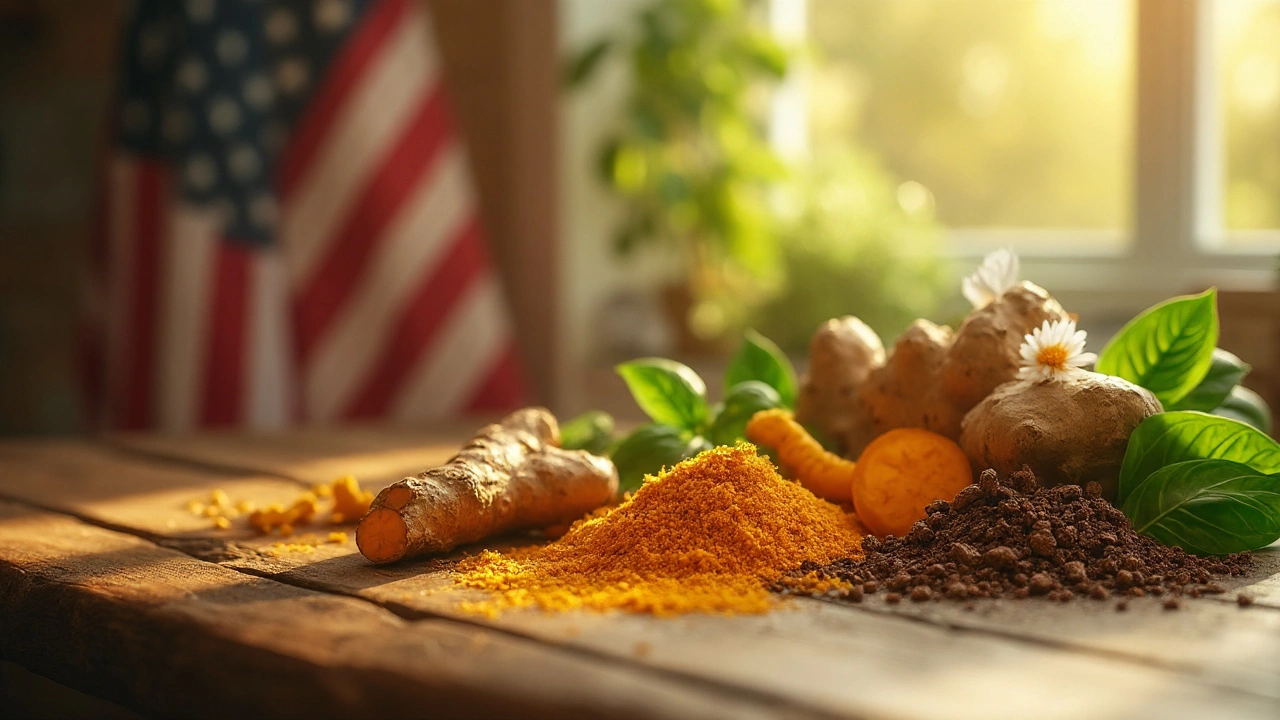Ayurvedic Remedy Guide: Simple, Effective Natural Solutions
Ever wonder why millions turn to Ayurveda for everyday aches, stress, or skin concerns? It’s because these remedies use plants and minerals that have been tested by generations. You don’t need a pharmacy shelf full of chemicals—just a few trusted herbs and the right way to use them.
In this guide we’ll break down the most popular ayurvedic remedies, how they work, and practical steps to add them to your routine. No jargon, just straight‑forward advice you can start today.
Top Herbs You Can Find at Any Grocery Store
Turmeric (Curcuma longa) – The golden spice beats inflammation. Mix a teaspoon of powdered turmeric with warm milk, a pinch of black pepper, and a dash of honey for a soothing nightly drink. Consistency is key; most people feel a joint‑pain benefit after two weeks.
Ashwagandha (Withania somnifera) – This adaptogen helps the body handle stress. A capsule containing 300‑500 mg taken with breakfast can calm anxiety and improve focus without making you drowsy.
Neem (Azadirachta indica) – Neem leaves have antibacterial properties that shine for skin health. Boil a handful of fresh leaves, let the water cool, and use it as a gentle face rinse to reduce acne or eczema flare‑ups.
Specific Remedies for Common Issues
Digestive upset – A teaspoon of roasted cumin seeds, a pinch of fennel, and a dash of ginger powder mixed into warm water works like a natural antacid. Sip slowly after meals to calm bloating.
Insomnia – Milk infused with a pinch of cardamom and a spoonful of honey creates a calming bedtime beverage. The combination signals your body to relax and settle into sleep.
Seasonal allergies – Tulsi (holy basil) tea, brewed three times a day, supports the immune system and reduces nasal congestion. Add a squeeze of lemon for extra vitamin C.
Many of the posts on our site talk about related natural ingredients. For example, the Black Seed Benefits & Risks article explains why Nigella sativa is a staple in many Ayurvedic formulas for immune support. The Why Dwarf Elder is a Vital Dietary Supplement piece highlights another herb that fits well into a holistic regimen.
When you start any new herb, begin with a small dose and watch how your body reacts. If you have a medical condition or take prescription meds, chat with a health professional first—some herbs can interact with drugs.
Putting ayurvedic remedies into practice is easier than you think. Keep a small stash of your favorite spices, a jar of dried herbs, and a few simple recipes on hand. In a month you’ll notice more steady energy, clearer skin, and fewer stress spikes—all without a pharmacy trip.
Ready to try one? Pick the remedy that matches your current need, follow the dosage tips, and track how you feel. Small, consistent steps are the secret behind Ayurveda’s long‑lasting benefits.

